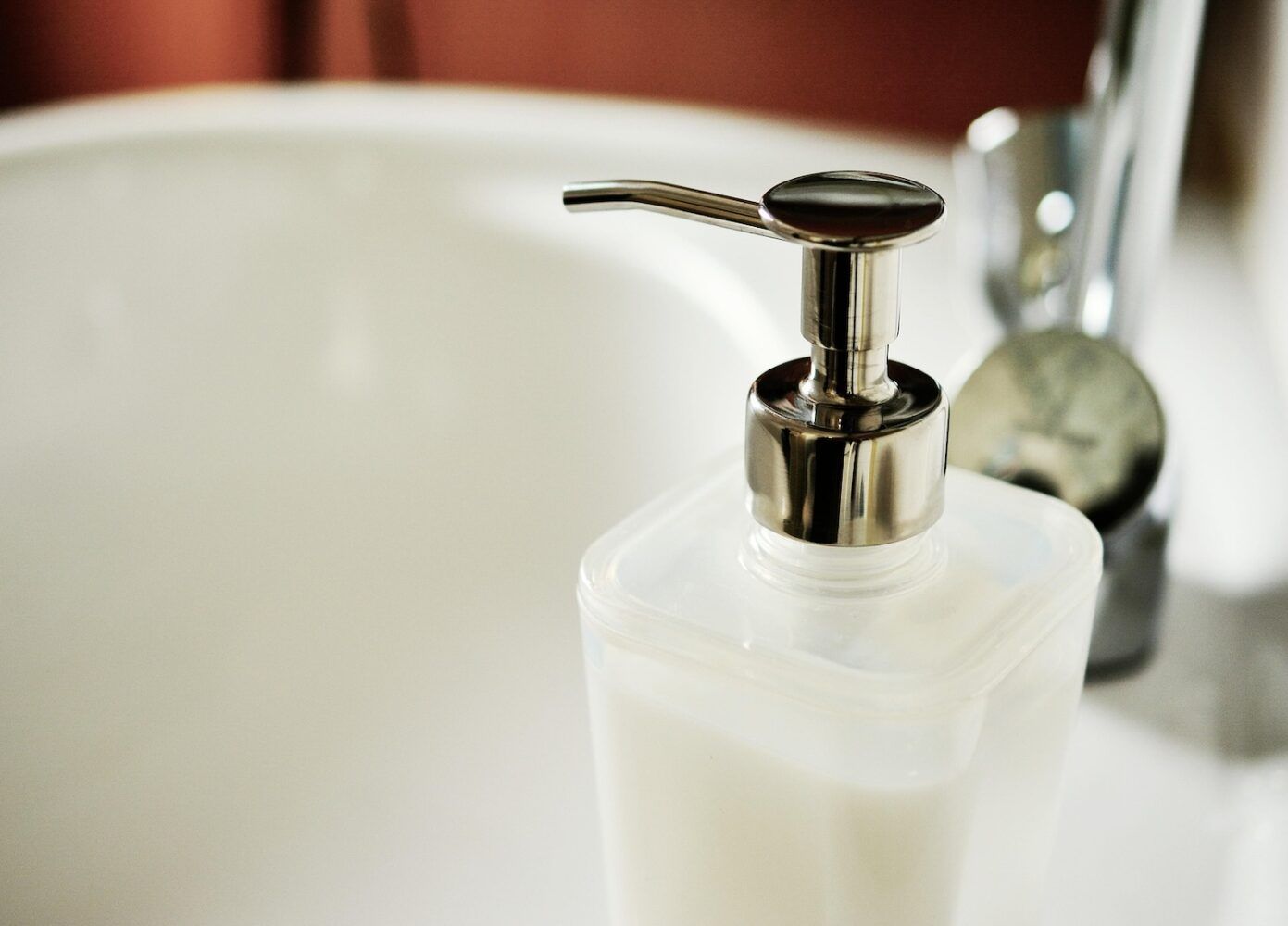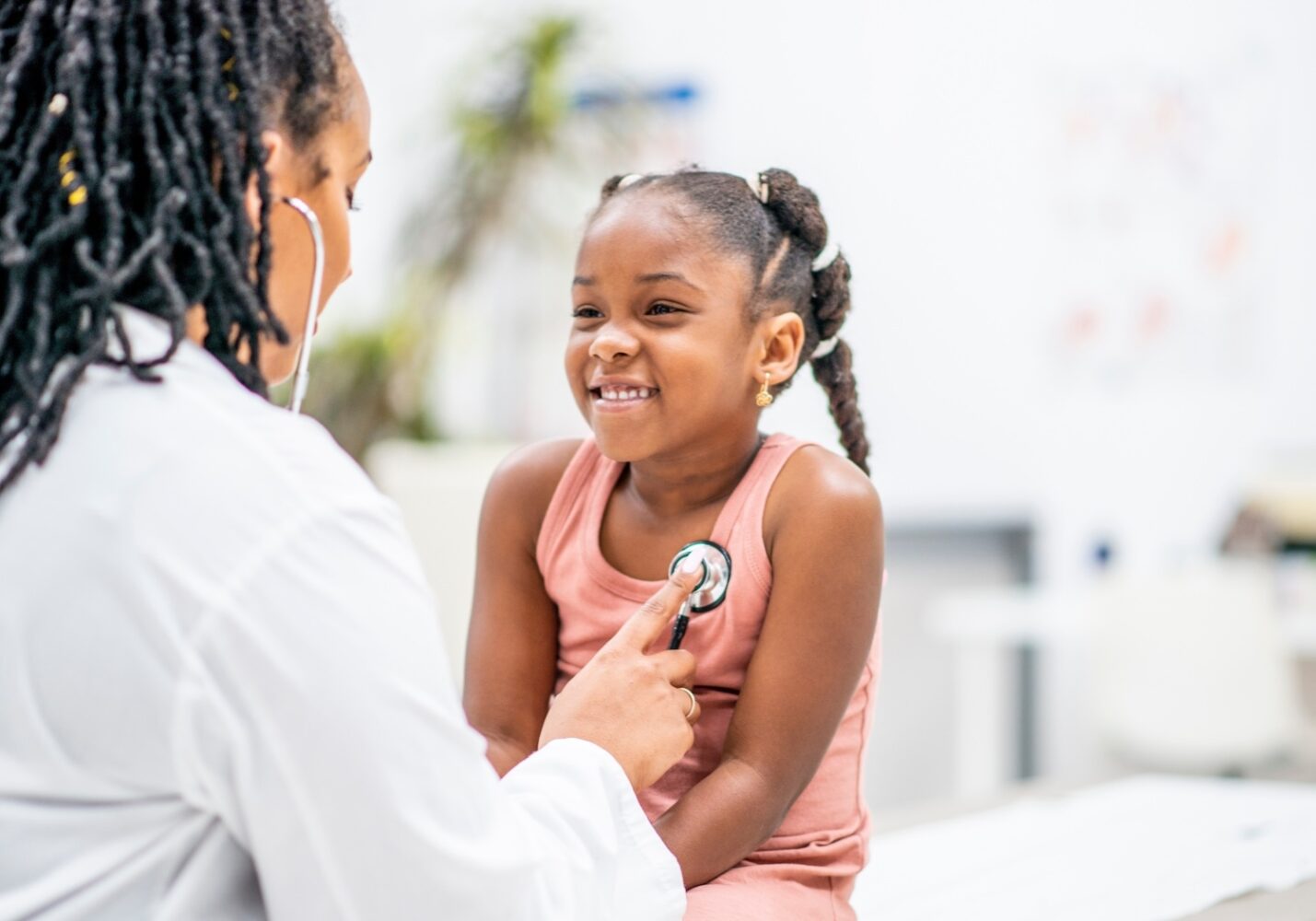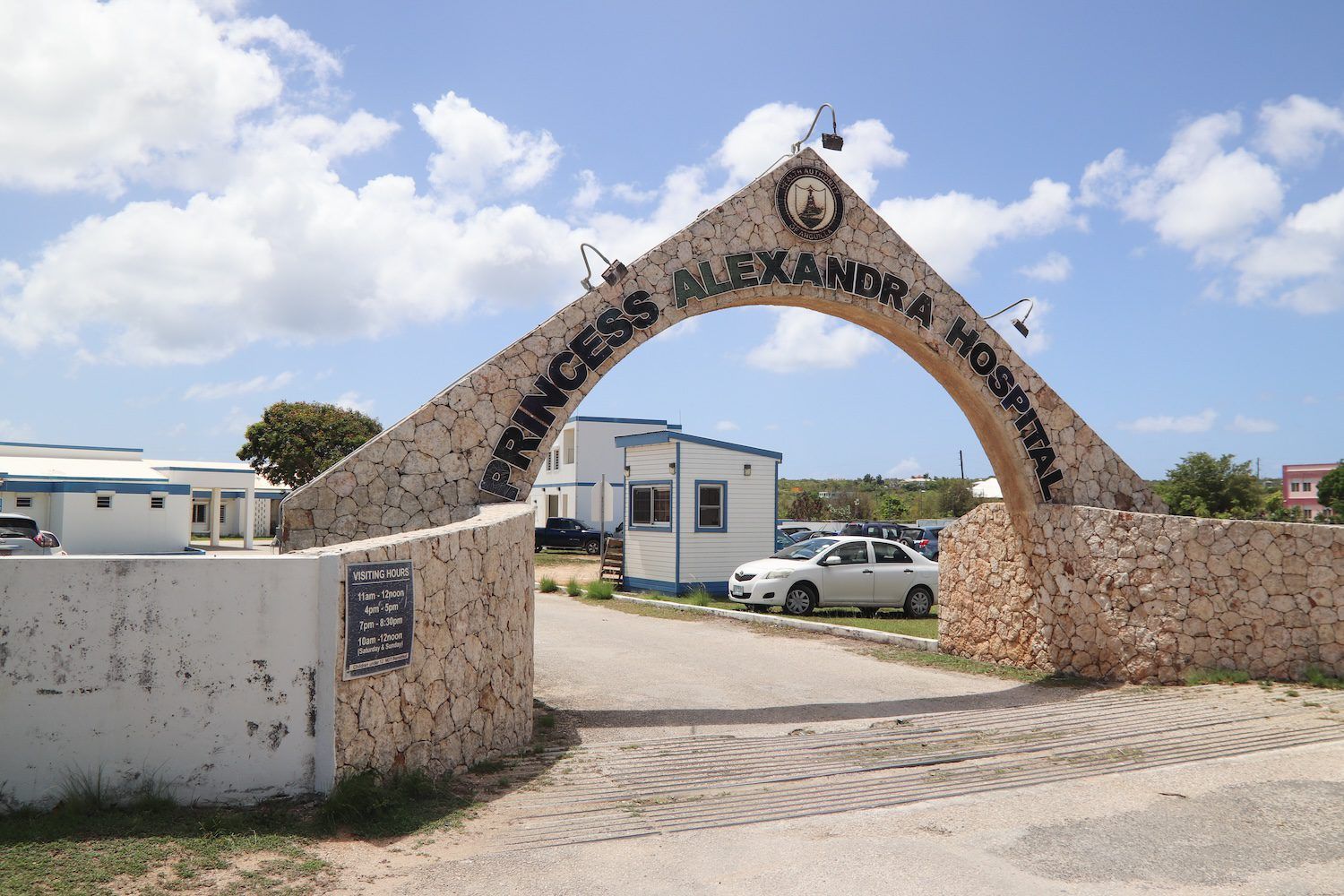Parents in Anguilla are being urged to follow healthcare advice to prevent the spread of hand, foot and mouth disease following an outbreak in pre and primary schools.
The common and contagious viral illness mostly affects infants and young children under the age of five, and cases are seen throughout the Caribbean every year.
In a press release on 3 October, the Ministry of Health said it is currently seeing cases among day care and primary school children.
“It is therefore of paramount importance that the parents and guardians of affected children comply with the advice of our healthcare workers,” it added.
Members of Anguilla Focus get exclusive discount codes for accommodation, travel and activities! Click here to join from just $3 per month.
Action such as frequent hand washing, limiting close contact and isolating infected children will help to limit the number of cases and prevent further spread of infection.
Hand, foot and mouth disease typically begins with fever, reduced appetite, sore throat and feeling unwell or fatigued.
Within a few days, those affected may develop painful mouth sores, which start as small red spots that blister.
They may also experience a skin rash, especially on the palms of the hands and soles of the feet, and sometimes the knees, elbows, buttocks or genital area.
The disease is usually mild and self-limiting, however, young children may become dehydrated if they are unable to swallow fluids due to mouth sores, the health ministry said.
It added that there is no specific vaccine or cure so supportive care is key such as treating fever and pain with paracetamol and ensuring adequate fluid intake.
Medical attention should be sought if symptoms worsen or cause concern, the health ministry stressed.
Hand, foot and mouth disease is highly contagious, especially in the early stages before the rash appears. The virus can also remain in stool for weeks after recovery.
Children can return to school when they are fever-free, have dried blisters and feel well enough to participate.
To help prevent transmission, the health ministry advises parents to:
- Isolate infected children from healthy children at home, school or daycare
- Limit close contact, including hugging and kissing
- Practice and teach proper cough and sneeze etiquette
- Encourage frequent handwashing, especially after contact with mucus, stool or blisters
- Disinfect toys and surfaces frequently touched by the infected child
- Avoid sharing food, drinks, utensils, toothbrushes, towels and similar items
- Change and wash contaminated clothing and bedding promptly
An earlier outbreak of the disease was reported in July this year.
More information is available from local healthcare providers or the Ministry of Health at (264) 497-3930.





